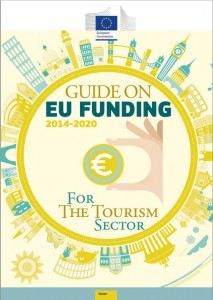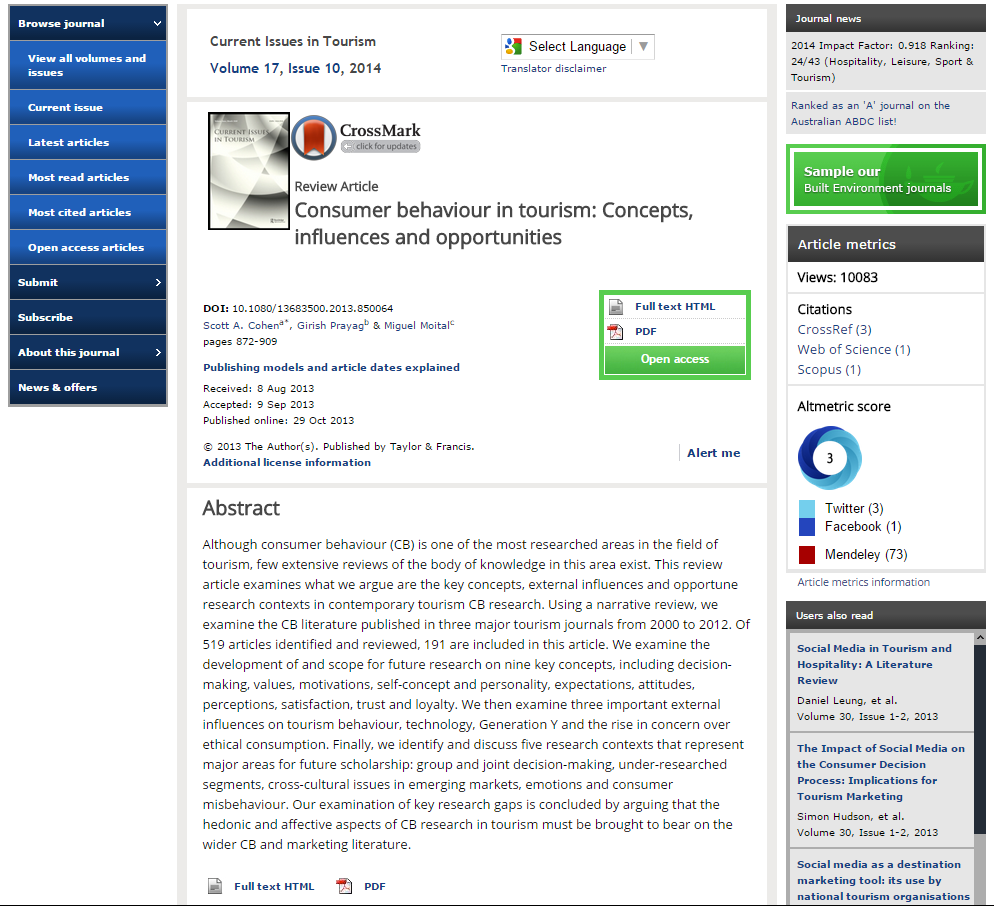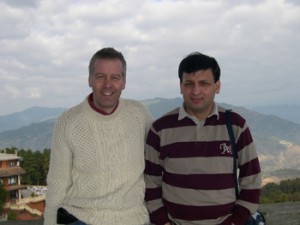Communicating Research
FMC Cross-Departmental Seminar Series 2015-16
When: Wednesdays, 3-5 pm
Where: The Screening Room W240, Weymouth House, Talbot Campus,
Bournemouth University, Fern Barrow, Poole, Dorset, BH12 5BB
Wednesday 14 October, 3-4pm
Dr. Rebecca Watkins (Cardiff University) and Dr. Mike Molesworth (University of Southampton)
Title: Digital Possessions
This session will provide an introduction to digital virtual consumption, exploring the emergence of digital consumption objects and the opportunities and issues they present for consumers and for marketers.
Dr. Mike Molesworth is Principal Teaching Fellow at the University of Southampton. Principal Teaching Fellow. He has been lecturing since 1996, for most of that time focussing on online consumer behaviour and emerging consumer cultures. He was a Teaching Fellow in the Centre of Excellence in Media Practice at the Faculty of Media and Communication at Bournemouth University, where amongst other things, he was involved with innovations in online course delivery. More recently he helped set up the Creative Enterprise Bureau, a unique staff/student collaborative consultancy at Bournemouth University, working for clients such as ITV, Channel 4, Toyota and Samsung. With colleagues he has won several best paper awards in journals and at conferences, including my work on digital consumption with Dr Janice Denegri-Knott in Consumption, Markets and Culture, and with Becca Watkins at the international Consumer Culture Theory Conference. He has also won a ‘most cited’ award in Teaching in Higher Education, for his work on the marketisation of Higher Education
Dr Rebecca Watkins is a Lecturer in Marketing at Cardiff University. She holds a PhD in Marketing from the University of Southampton, and a BA (Hons) in Advertising and Marketing Communications from Bournemouth University. Rebecca’s research uses qualitative methods to explore the impact of digital media upon consumer culture, in particular the ways in which notions of owning and possessing are transformed in the context of digital objects. Her work has been published in the Journal of Marketing Management, the Journal of Consumer Culture & Research in Consumer Behaviour, whilst her work in human-computer interaction, in collaboration with the Human Experience and Design research group at Microsoft Research, has been presented at the world’s leading HCI conference.
Wednesday 14 October, 4-5pm
Dr Katy Shaw (Leeds Beckett University)
Title: Financialised Masculinities: Men, Fiction and the Credit Crunch
After the height of the credit crunch, the blame game began, and focus fell firmly on bankers, and male bankers in particular, as being responsible for the crash. Variously dubbed the ‘Man-cession’ or the ‘He-Cession’ by media and political commentators, accusations that an excessively ‘masculine economy’ contributed to the crunch grew in the weeks and months following the economic downturn. Contemporary fiction was quick to respond to the global economic crisis as a source of inspiration for post-millennial narrative. Through this new genre of ‘Crunch Lit’, fiction continued its historical commitment to demystifying the financial world. Examining two case study examples of the new genre – Faulks’ A Week in December (2009) and Lanchester’s Capital (2012) – the paper will interrogate how and why fiction represents the twenty-first century impact of financialisation and its penetration of language, fashion and financial culture to question dominant narratives of the male banker as a new cultural villain for the post-millennial period.
Dr Katy Shaw is Principal Lecturer in Contemporary Literature at Leeds Beckett University. She is also editor of the internationally peer reviewed C21 Literature: journal of 21st-century writings. Her research interests include contemporary writings, working class literatures, regeneration and the languages of comedy. She has published extensively on working class women’s writings, the contemporary novel and twenty-first century literature. Her monograph Crunch Lit examines fictional responses to the global credit crunch.
About the series
This new seminar series showcases current research across different disciplines and approaches within the Faculty of Media and Communication at BU.The research seminars include invited speakers in the fields of journalism, politics, narrative studies, media, communication and marketing studies. The aim is to celebrate the diversity of research across departments in the faculty and also generate dialogue and discussion between those areas of research.
Contributions include speakers on behalf of
The Centre for Politics and Media
The Centre for the Study of Journalism, Culture and Community
Advances in Media Management Research Group
Emerging Consumer Cultures Research Group
Public Relations Research Group
Candida Yates, BA, MA, PhD, FHEA,
Professor of Culture and Communication
Bournemouth University
Faculty of Media and Communication
Weymouth House
Fern Barrow, Poole
Dorset, BH12 5BB
Text Box:



 Professor Jill Atkins of Henley Business School at the University of Reading will speak to the first of a new series of staff research seminars organized in the Faculty of Management on Wednesday, October 14, at 15:00 at Bournemouth House, BG14. Her topic, “Exploring rhinoceros conservation and conversation: The emergence of emancipatory accounting for ‘extinction’,” links problems of sustainability of natural resources with theoretical developments that seek to take better account of the environment.
Professor Jill Atkins of Henley Business School at the University of Reading will speak to the first of a new series of staff research seminars organized in the Faculty of Management on Wednesday, October 14, at 15:00 at Bournemouth House, BG14. Her topic, “Exploring rhinoceros conservation and conversation: The emergence of emancipatory accounting for ‘extinction’,” links problems of sustainability of natural resources with theoretical developments that seek to take better account of the environment.




 Then we want to hear from you! 🙂
Then we want to hear from you! 🙂


 ong committee; d) resource constraints; and e) assumption that non-clinical research are exempted, which are of course overlap and interact each other, for not applying ethical approval in low income countries. They have also provided examples of ethical approval taken from other countries than the host countries and further go on to stress that junior researchers and students should be encouraged to be familiar with research ethical approval. In their paper, they encourage journal editors and peer reviewers to ensure ethical approval bein
ong committee; d) resource constraints; and e) assumption that non-clinical research are exempted, which are of course overlap and interact each other, for not applying ethical approval in low income countries. They have also provided examples of ethical approval taken from other countries than the host countries and further go on to stress that junior researchers and students should be encouraged to be familiar with research ethical approval. In their paper, they encourage journal editors and peer reviewers to ensure ethical approval bein g granted for manuscripts based on empirical studies. This paper was co-authored by BU visiting faculty Professor Padam Simkhada and recently published in Nepal Journal of Epidemiology. The paper is freely available through the journal’s website
g granted for manuscripts based on empirical studies. This paper was co-authored by BU visiting faculty Professor Padam Simkhada and recently published in Nepal Journal of Epidemiology. The paper is freely available through the journal’s website 










 New Nepal scoping review on maternal & neonatal health
New Nepal scoping review on maternal & neonatal health Fourth INRC Symposium: From Clinical Applications to Neuro-Inspired Computation
Fourth INRC Symposium: From Clinical Applications to Neuro-Inspired Computation Writing policy briefs
Writing policy briefs Upholding Excellence: The Concordat to Support Research Integrity
Upholding Excellence: The Concordat to Support Research Integrity ECR Funding Open Call: Research Culture & Community Grant – Application Deadline Friday 12 December
ECR Funding Open Call: Research Culture & Community Grant – Application Deadline Friday 12 December MSCA Postdoctoral Fellowships 2025 Call
MSCA Postdoctoral Fellowships 2025 Call ERC Advanced Grant 2025 Webinar
ERC Advanced Grant 2025 Webinar Horizon Europe Work Programme 2025 Published
Horizon Europe Work Programme 2025 Published Horizon Europe 2025 Work Programme pre-Published
Horizon Europe 2025 Work Programme pre-Published Update on UKRO services
Update on UKRO services European research project exploring use of ‘virtual twins’ to better manage metabolic associated fatty liver disease
European research project exploring use of ‘virtual twins’ to better manage metabolic associated fatty liver disease